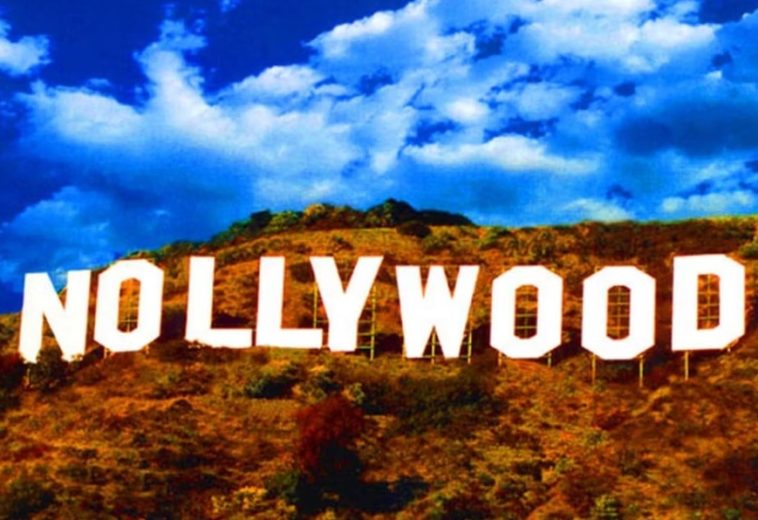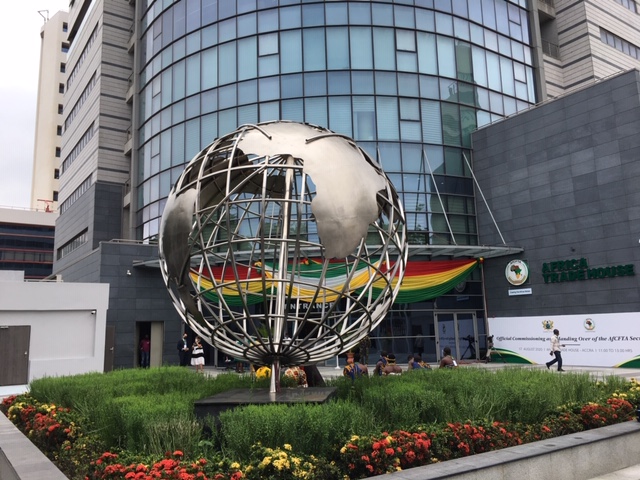History is littered with examples of nations around the continent who have benefited from Civil Society Organizations. During the apartheid era in South Africa, civil society groups were instrumental in the fight for freedom and equality. From advocating for human rights to championing socioeconomic causes, and empowerment of marginalized communities, Civil Societies have been practical in shaping the nation’s narrative.
Contemporary civil society organizations have evolved from a historical continuum of civic and activist movements, tracing their roots back to the era before colonization. This development has witnessed the rise of prominent groups, including the Civil Liberties Organisation (CLO), recognized as Nigeria’s pioneering human rights organization. Other influential organizations in this trajectory include the Constitutional Rights Project (CRP), Committee for the Defence of Human Rights, Campaign for Democracy (CD), and National Democratic Coalition (NDC)..
UNODC is collaborating with civil society organizations (CSOs) to enhance drug prevention, treatment, and care efforts in Nigeria, funded by the European Union. A workshop held in Lagos in April 2015 involved 39 CSOs and key agencies, leading to the formulation of a strategy for community-based interventions.
The Oodua Peoples Congress and Arewa People’s Congress
The Oodua Peoples Congress (OPC) and Arewa People’s Congress (APC) stand as prominent CSOs representing the Yoruba and Hausa-Fulani ethnic groups, respectively. Rooted in the call for self-determination, both organizations have been pivotal in championing the rights and interests of their respective regions. However, concerns about bias have occasionally surfaced, with critics suggesting that their activities may be influenced by ethnic considerations. Despite this, both organizations have been active in engaging with political administrations to address regional concerns.
Ohanaeze Ndigbo and PANDEF
Ohanaeze Ndigbo represents the Igbo ethnic group, advocating for the socio-political development of the Southeast. Similarly, PANDEF (Pan Niger Delta Forum) focuses on issues affecting the Niger Delta region. Both organizations have played key roles in fostering dialogue between their communities and the government, addressing issues such as resource allocation, infrastructure development, and environmental concerns. While these CSOs may be perceived as regionally biased, their impact in promoting regional interests is undeniable.
Movement for the Emancipation of the Niger Delta (MEND)
MEND emerged as a response to the socio-economic challenges faced by the Niger Delta region. Often characterized by its militant activities, MEND sought to draw attention to issues such as oil exploitation, environmental degradation, and economic marginalization. The group’s impact has been significant, leading to increased dialogue between the government and the people of the Niger Delta. However, concerns about bias and the use of force have surrounded MEND’s activities.
Nigeria Labour Congress (NLC)
The Nigeria Labour Congress, a non-partisan organization, has been a steadfast advocate for workers’ rights and welfare. Through strikes, negotiations, and engagement with political administrations, the NLC has successfully championed improved labor conditions and wage increases. While not explicitly biased, the NLC’s activities are driven by the overarching goal of enhancing the well-being of Nigerian workers.
Humanitarian and Educational CSOs
The Red Cross Society, Boys Scouts, Girls Scouts, ASUU (Academic Staff Union of University), and AWACIO have all contributed significantly to humanitarian, educational, and health-related causes in Nigeria. These organizations, often devoid of explicit political bias, focus on broader societal issues, transcending regional or ethnic considerations.
Civil Milestones: Aba Women’s Riot, Funmilayo Ransome-Kuti, and Fela Kuti
The Aba Women’s Riot of 1929 is a historical milestone showcasing the power of grassroots movements in addressing societal issues. Fela’s mother, Funmilayo Ransome-Kuti, was a key figure in the women’s rights movement, and Fela Kuti, the iconic musician and activist, has left indelible marks on Nigeria’s history through their relentless pursuit of justice and social change.
The Civil Society Organizations in Nigeria reflect a complex reciprocity of regional, ethnic, and socio-economic factors. While concerns about bias may arise, the impact of these organizations in shaping the nation’s destiny cannot be overstated; advocating for justice, equality, and development to secure a brighter future for the nation.


